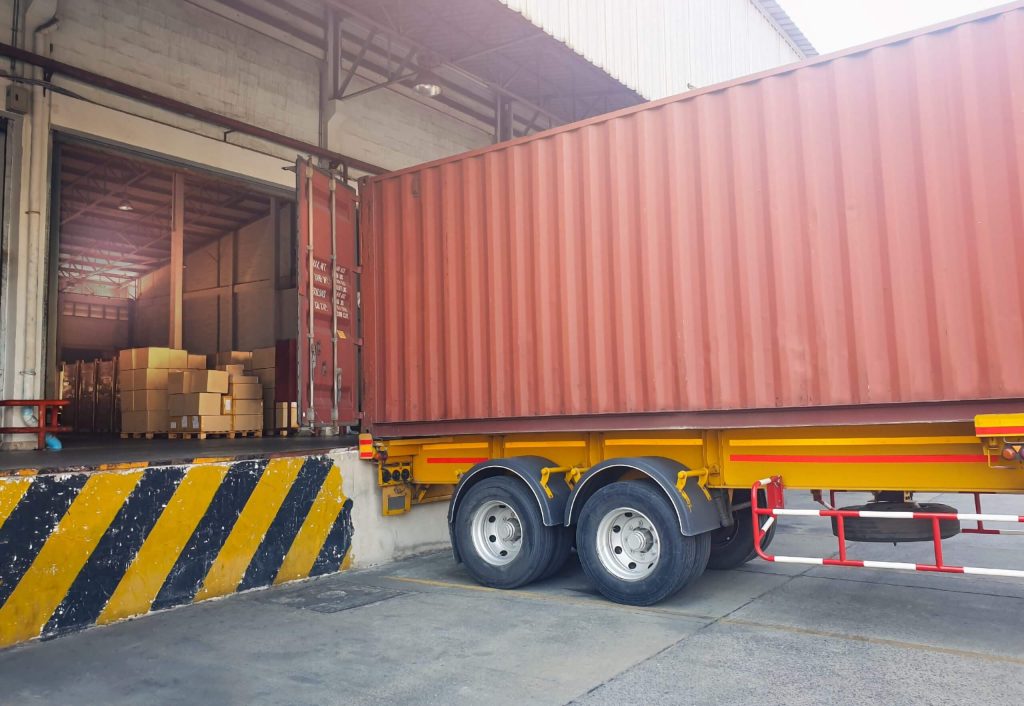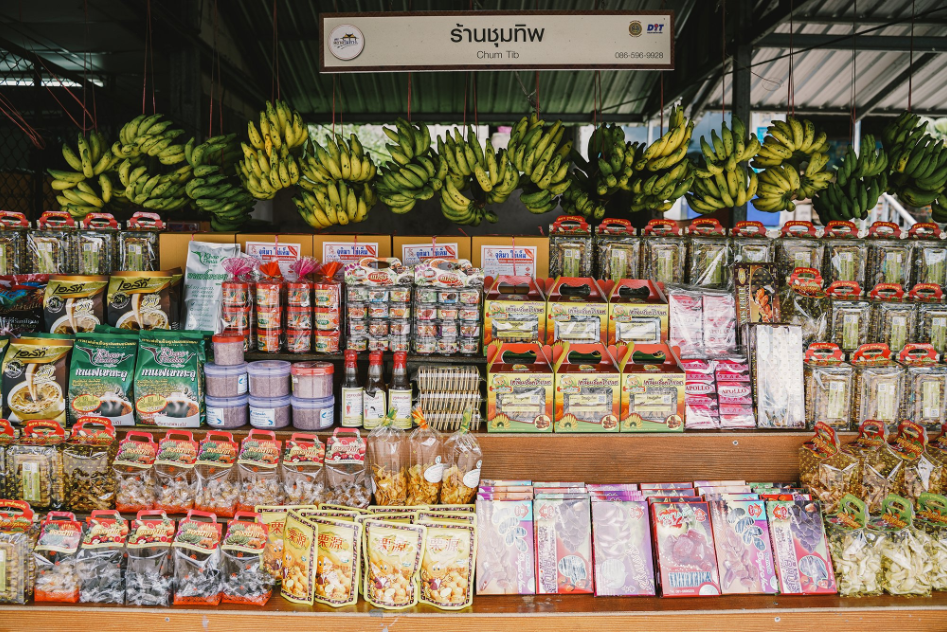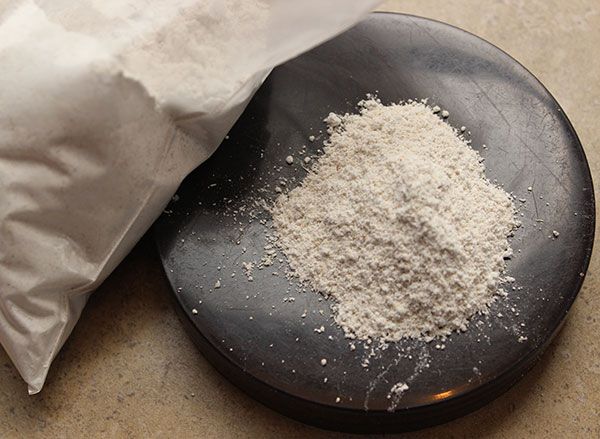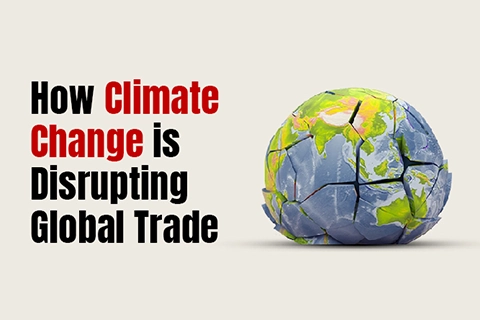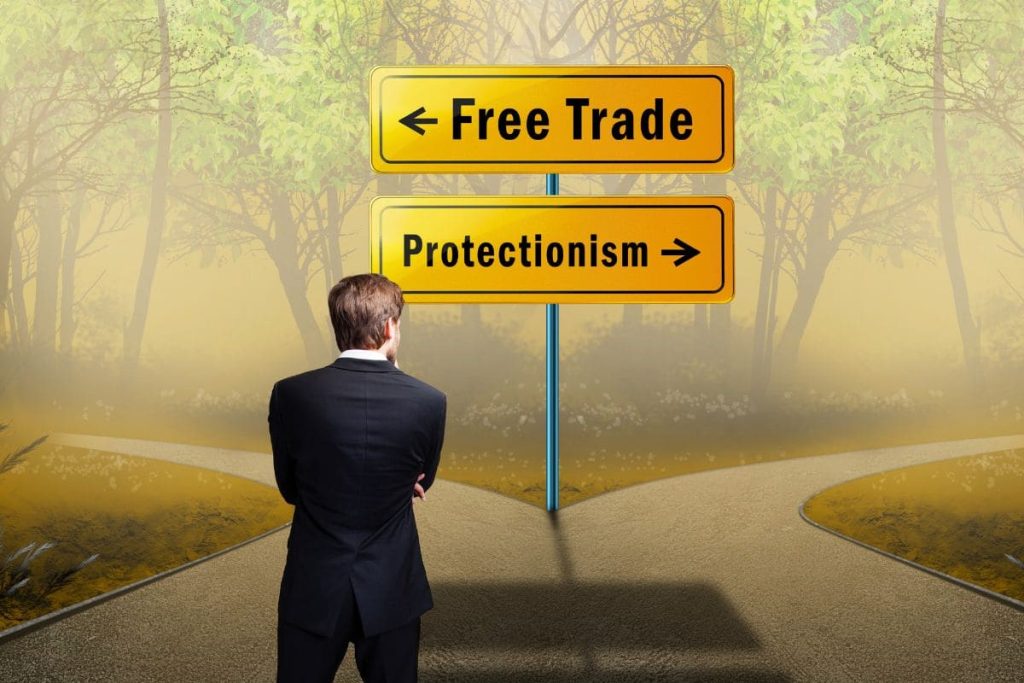
For many local producers, breaking into the international market feels like navigating a maze of tariffs, taxes, and paperwork.
But what if there was a shortcut?
Trade agreements—like FTAs (Free Trade Agreements) and CEPAs (Comprehensive Economic Partnership Agreements)—are powerful tools that help make exports smoother, cheaper, and more competitive.
Here’s why they matter for local producers like you.
1. Lower Tariffs = More Competitive Prices
Trade agreements often reduce or eliminate import duties between member countries.
What this means for local producers:
- Your product can enter foreign markets at lower costs
- Retailers abroad are more willing to stock your goods
- Your pricing can beat competitors from non-member countries
Example: Indonesian coffee exporters pay lower tariffs when shipping to Japan under the Indonesia–Japan Economic Partnership Agreement (IJEPA).
2. Easier Market Access
Some trade deals go beyond tariffs—they simplify:
- Product registration
- Certification requirements
- Quotas or technical barriers
- Customs procedures
With the right agreement, a process that used to take months can be done in weeks.
This removes headaches and makes your product more export-ready.
3. Priority for Local Products
Many agreements include rules of origin, favoring products truly made in your country.
This gives you an edge if:
- Your product is locally sourced and processed
- You use indigenous materials or unique craftsmanship
- You meet “local content” requirements
Producers who qualify can get a certificate of origin, unlocking export perks others can’t access.
4. Government Support Is Often Linked to Agreements
Once a trade deal is signed, governments usually:
- Offer export coaching programs
- Hold business matching sessions with buyers abroad
- Provide subsidies for trade fairs in partner countries
- Help fast-track necessary paperwork (like HS codes and COs)
If you’re part of an agreement’s target sector, you’re more likely to get support.
5. Safer and More Predictable Trade Environment
Trade agreements set clear rules and dispute mechanisms. For local producers, this means:
- More legal certainty when dealing with overseas buyers
- Stronger protection against sudden policy shifts
- Confidence to invest in scaling up for export
Long story short: agreements reduce risk.
Conclusion
Trade agreements aren’t just political jargon—they’re real opportunities for local producers to grow globally.
If you want to export seriously, know which agreements your country has signed, and explore how your product can benefit.
With the right trade deal behind you, the world isn’t just a market—it’s your next big customer.

